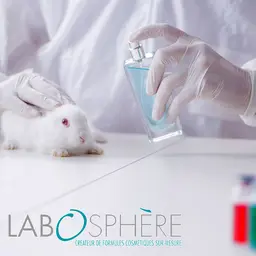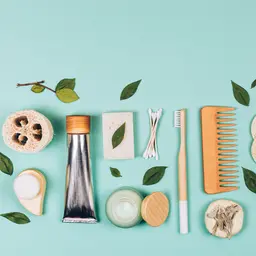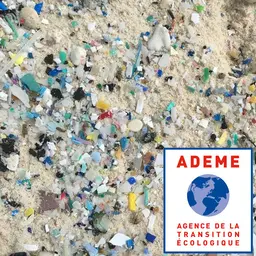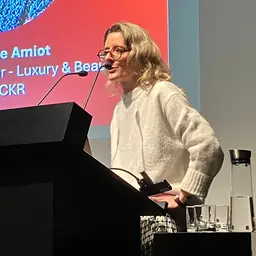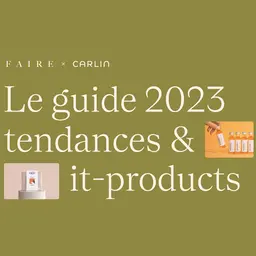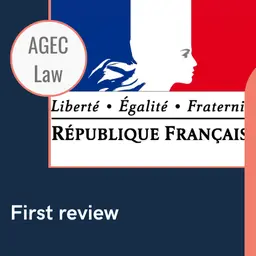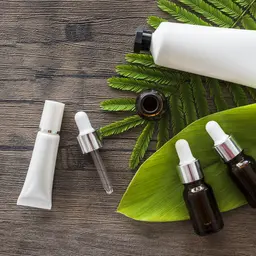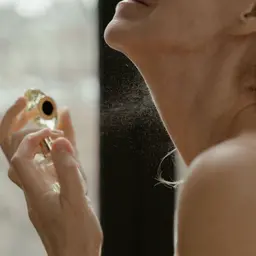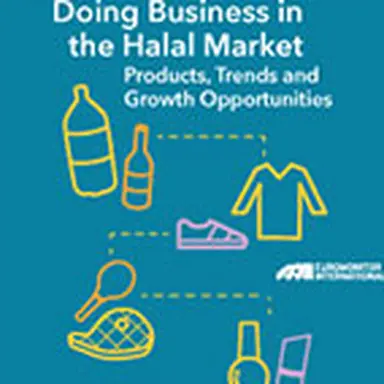
Euromonitor International launched earlier this month a new whitepaper on ‘Doing Business in the Halal Market: Products, Trends and Growth Opportunities’ that examines how businesses can compete in the halal market, highlighting its development as well as potential for the future. A few pages of this document deals with the beauty sector and cosmetic products.
Few excerpts
The Muslim religion is the second largest and fastest growing religion in the world, with Muslim consumers expected to reach 26 percent of the global population by 2030. Muslim consumers seek products that cater to their religious needs and comply with Islamic requirements: from halal production process to halal labelling and packaging. The lack of permissible offerings has led to a surge in demand, as Muslims grow hungry for trendy products and services adapted to their lifestyle.
Halal refers to foods and drinks permissible for Muslims, but the concept has now extended to beauty indicating that the ingredients in cosmetic products are within the allowable bounds of Islam.
While the figures, both current and projected, indicate market prospects in terms of size and purchasing power, younger female Muslim consumers are also showing greater interest in fashion. New opportunities are opening up in categories such as colour cosmetics, skin care and hair care, in addition to oral care and soaps. There are now halal foundations, blushers, lipsticks, anti-agers and skin whitening products.
Halal beauty is so far dominated by niche players. While multinationals would benefit from scaling up operations in halal beauty, there are a number of challenges.
For …



